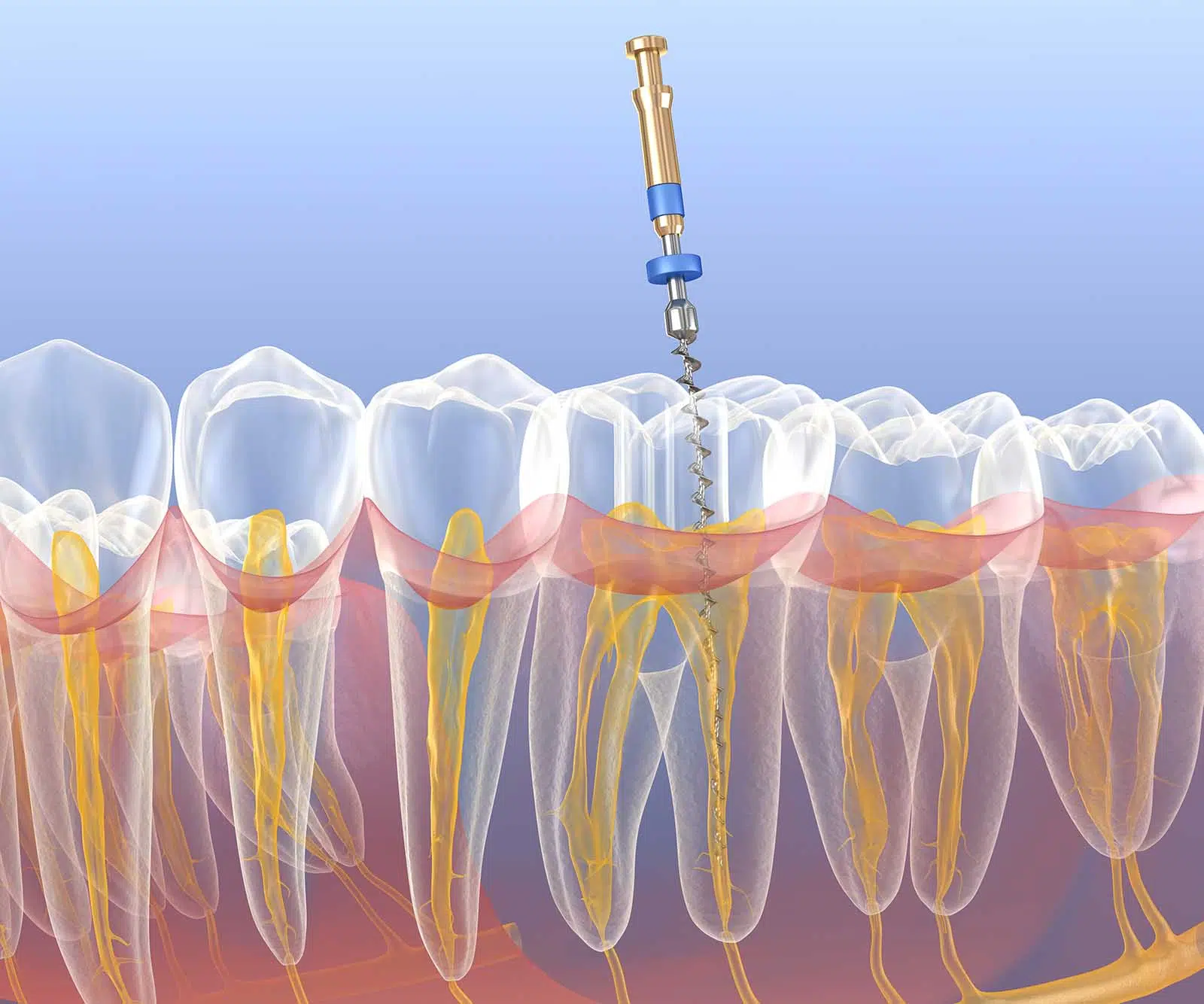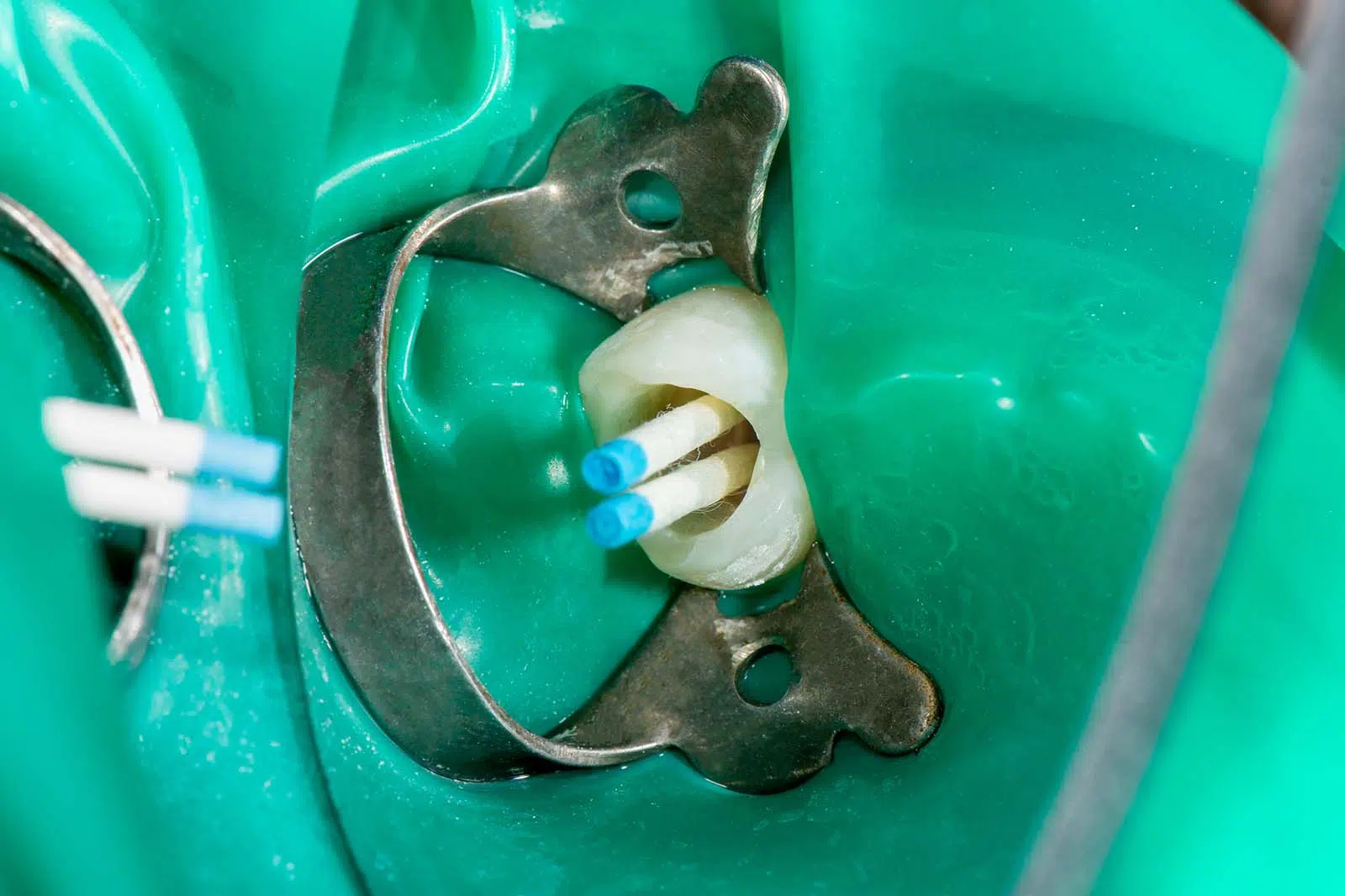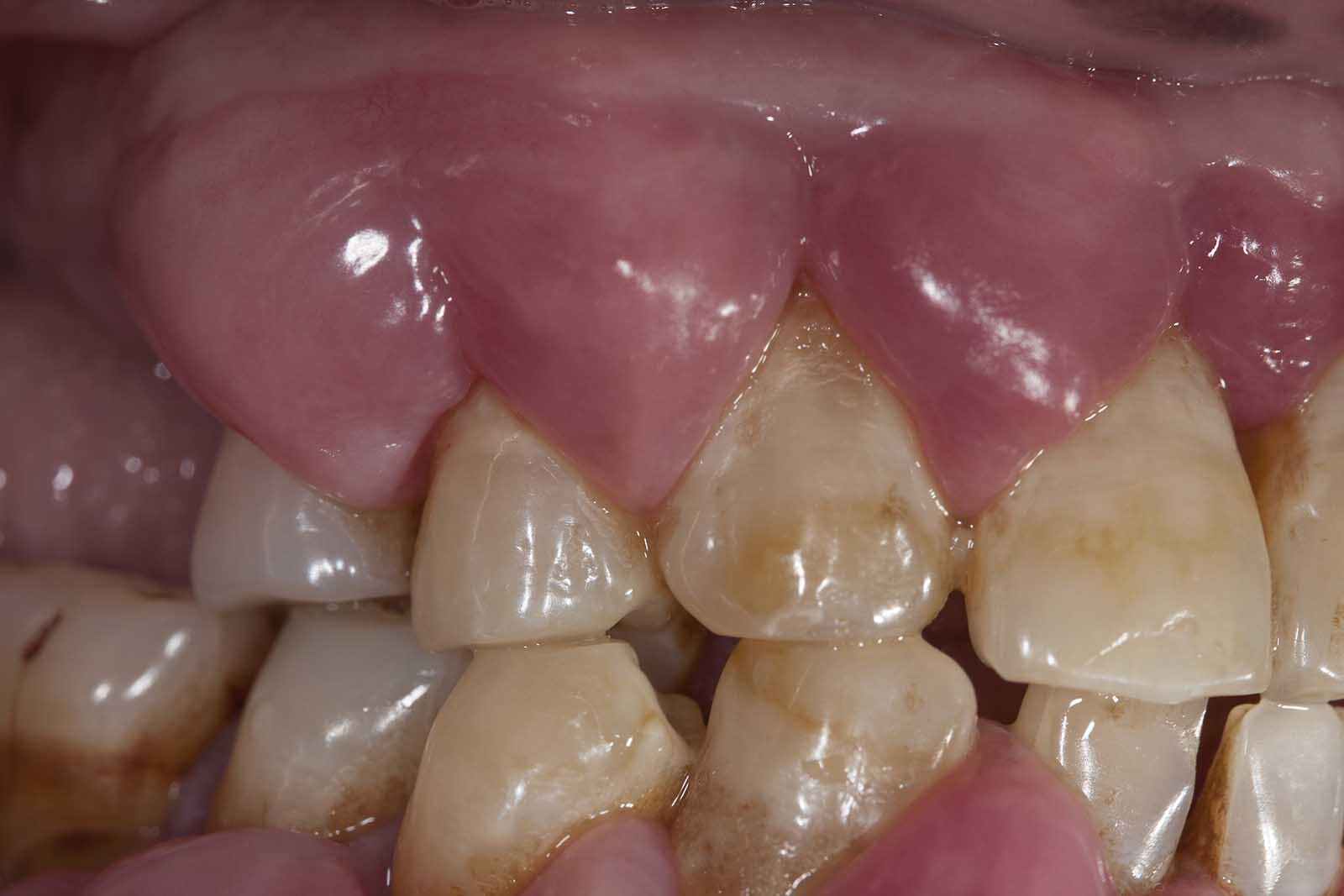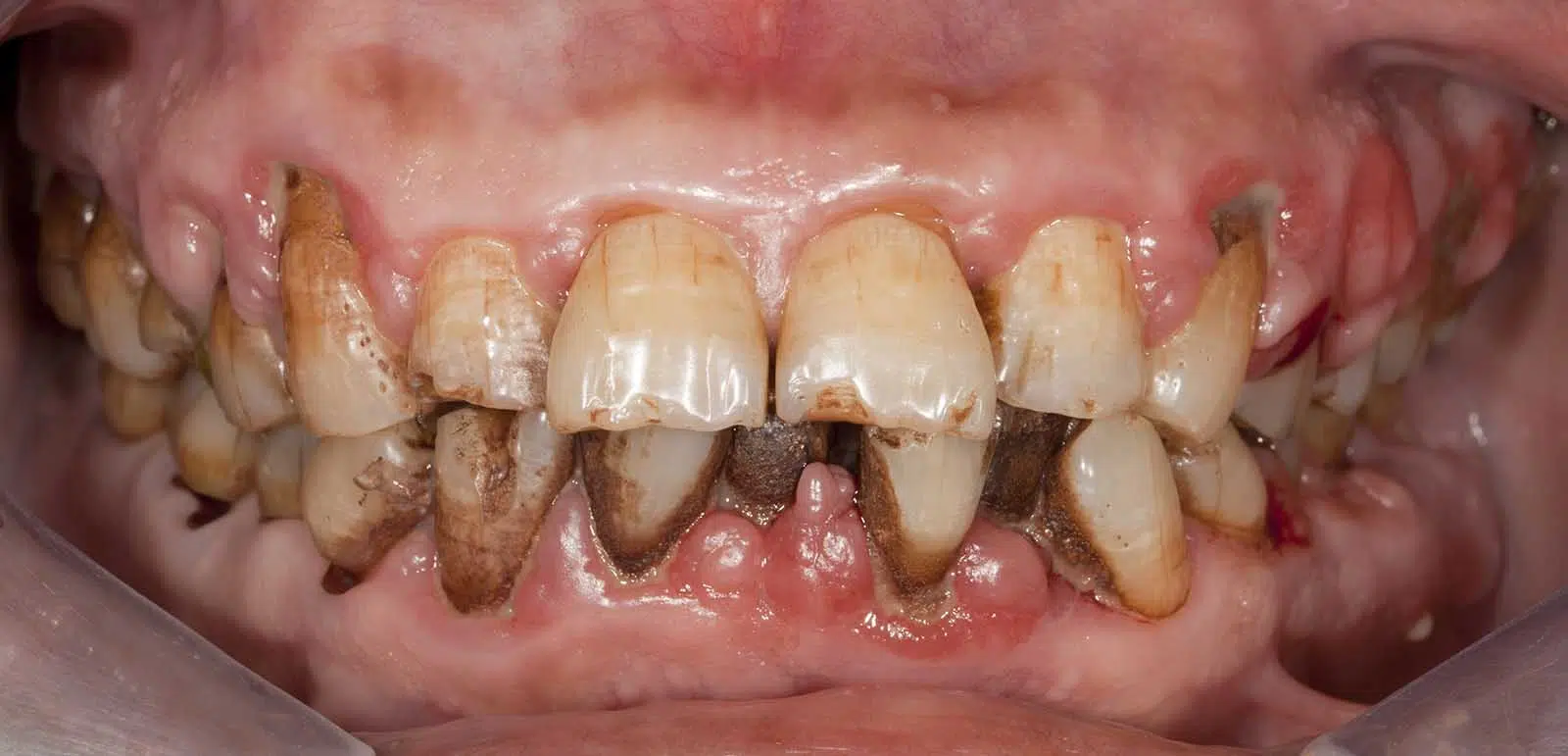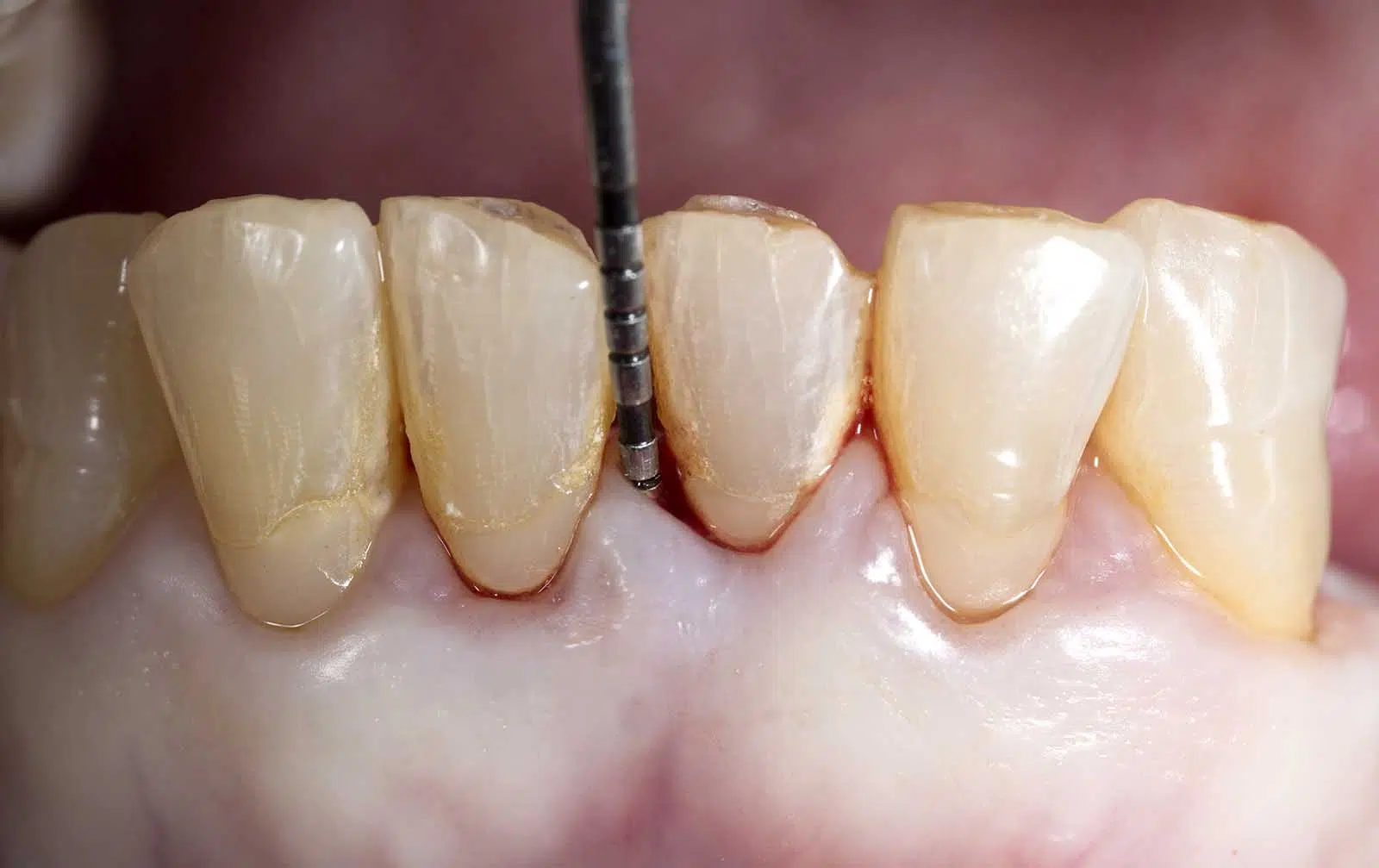Table of Contents
Understanding the different specialties and their areas of expertise is crucial for dental care. Two such dental specialists are periodontists and endodontists. While both are vital in maintaining oral health, they have distinct focuses within the field.
Similar to the process by which General Practitioners (Doctors) refer patients to trained medical professionals such as Orthopaedic, Cardiothoracic, Neurologists, etc., dentists may also refer patients to dental specialists in particular fields.
In Australia, with additional training or formal studies, dentists can become expert professionals in one of 13 occupations, which include:
- Dental-maxillofacial Radiologist
- Endodontist
- Oral and Maxillofacial Surgeon
- Forensic Odontologist
- Oral Surgery
- Oral Medicine Specialist
- Oral Pathologist
- Orthodontist
- Paediatric Dentist
- Periodontist
- Prosthodontist
- Public Health Dentist
- Specialist in Special Needs Dentistry
Most titles above require formal dental education, postgraduate studies, or training. Dental qualifications as a specialist must be registered with the Dental Board of Australia (DBA).
Training and education between Periodontists vs. Endodontists
Periodontists and Endodontists are experts in different areas of the mouth. Both require an additional 2-3 years of formal education and training on top of their dental degrees. Once completed, both professions help manage and treat complex oral cases.
Attending dental school provides a strong foundation for understanding oral health, diagnosis and treatment.
Additional training builds upon base dental education, allowing qualified specialists to manage and treat complex oral cases.
What is an Endodontist?
Endodontists are specialists who attend to issues related to the interior of your teeth. Endodontists are experts in helping to treat and save teeth that may require tooth removal and replacement.
In short, endodontists help manage tooth infections and are known to be experts in treating pain from within the tooth. If you must have endodontic work performed to treat your tooth, you’re more than likely experiencing severe tooth pain.
Root canal therapy can also save fractured, cracked or broken teeth from extraction. Endodontists often perform treatments for:
- Root canal therapy and re-treatment
- Fixing fracked, cracked, and broken teeth
- Accidental trauma
- Dental implants
- Regenerative endodontics
- Internal bleaching
- Root-end surgical procedures
What does an endodontist do?
The word “endodontist” begins from the prefix “endo-“, which is a prefix meaning inner, whereas the term “dont” refers to the ‘tooth’.
Endodontists are experts in examining and treating root canals.
They are highly skilled at performing delicate procedures at the root of the tooth and pulp areas. Thus, performing procedures on the soft inner tissues of your teeth, otherwise known as ‘the pulp’, involves blood vessels.
When bacteria from tooth decay or trauma affect the inner portions of a tooth (pulp), root canal treatment removes and cleans the infected pulp. As a result, endodontists help save natural teeth from extraction.
Although general dentists can help treat minor root canal cases, endodontists have far more experience treating minor to complex cases.
To summarise, endodontists are root canal and inner pulp specialists who help treat teeth in bad shape.
Can general dentists do endodontics?
Endodontists can perform general dentistry. In contrast, less than 3% of dentists are endodontists.
In Australia, knowledgeable and skilled dentists may perform pulp and root canal treatment, although registered endodontists with the Dental Board of Australia are strictly limited to these treatments. Meaning they aren’t able to perform other general dental treatments.
As a result, registered endodontists are highly skilled and more experienced since they consistently attend to, manage, and treat these patients.
General dentists often refer patients with complicated root canal systems or pain issues to endodontists. Endodontists usually have uniquely designed tools and technologies to perform procedures efficiently and effectively.
What is a Periodontist?
A periodontist diagnoses and treats issues related to oral inflammation, bone loss, and gum disease. Dentists may refer patients to a periodontist to manage deep cleaning below the gum line, advanced gum disease, gum recession, infection, or bone problems.
Periodontists can manage the treatment of cosmetic dental and restorative gum procedures. For instance, they can complete tooth extractions and the placement of dental implants.
Therefore, periodontists advise dentists on the exact locations for dental implants, which is essential for all-on-4 dental implant patients. Periodontists are also trained professionals in implant dentistry and can perform this surgical procedure since they thoroughly understand gum and bone structures.
In summary, periodontists are experts in gum health and complex cases related to the gums. Patients experiencing swollen gums, consistent gum bleeding, inflammation, severe gum recession, and infection may benefit from visiting a periodontist.
Periodontists focus on and specialise in gum health.
The term “Perio—” refers to around. Periodontists, as experts, perform gum surgery to combat bacterial infections and gum disease, which contribute to tooth loss.
Periodontal disease affects thousands of Australians annually. The build-up of plaque and tartar is the primary cause of gum disease, which can be divided into two major stages.
Firstly, Gingivitis affects the gums and is indicated by inflammation, swelling or bleeding gums. Secondly, Periodontitis is a more severe stage of decay involving the gum and bone tissue.
A natural tooth can appear healthy aesthetically, but Gingivitis and Gum Recession may lead to bone loss, affecting the tooth’s support. Periodontists examine for active and potential problems below the gum line.
Relative to their services, periodontists perform cosmetic treatments such as gum grafts for patients suffering from gum recession. Gum grafting involves removing tissue from the palate (roof of the mouth) and attaching it to the gums.
Sometimes, the nearby gum tissue is pulled over to cover gum recession.
Since periodontists are experts in avoiding and fighting gum disease, they often remove severe plaque and tartar buildup with deep scaling.
To summarise, Periodontists are capable of undergoing a variety of procedures for different phases of dental care, including:
- Root planing
- Root scaling
- Tissue regeneration and gum flap procedures
- Collaborating with implant dentists for placement and positioning
- Jawbone reconstruction
- Modifying gum tissue
- Crown lengthening
- Dental implants
What is root planing?
Root planing is a deep cleaning procedure below the gumline to treat gum disease. It involves carefully cleaning the roots of the teeth to remove plaque and tartar buildup that causes inflammation in the gums. During this process, the dentist or hygienist smooths out the root surfaces, which helps prevent bacteria from reattaching and promotes the reattachment of the gums to the teeth.
Root planing is often recommended for patients with periodontitis (advanced gum disease), where normal cleaning methods cannot reach the deeper pockets formed between the teeth and gums. This treatment can help stop the progression of the disease and improve overall gum health. It is usually done under local anesthesia to ensure comfort during the procedure.
What is root scaling?
Root scaling is a dental procedure that removes plaque, tartar (calculus), and bacterial toxins from the tooth surfaces below the gumline. It is usually done in conjunction with root planing, which is commonly referred to as “scaling and root planing” or “deep cleaning.”
While scaling refers to removing plaque and tartar from the tooth surface and beneath the gums, root scaling focuses specifically on cleaning the roots of the teeth. It targets areas where bacterial deposits have formed due to gum disease (like periodontitis) that can’t be removed with regular brushing or standard cleanings.
Scaling is crucial in treating gum disease. It removes harmful debris that, if left untreated, can lead to inflammation, infection, and tooth loss. This procedure can help prevent the progression of gum disease and restore gum health.
Like root planing, root scaling is often done under local anesthesia to minimise discomfort during the procedure.
Can a dentist do periodontal work?
General dentists are an excellent first defence against common oral health conditions. Some general dentists may perform periodontic or endodontic treatments, but they are not registered as specialists because they may wish to perform a diverse range of treatments for their patients rather than being restricted to severe root canal and gum treatments.
Skilled or knowledgeable general/family dentists may attend and help treat minor earlier stages of gum disease. In short, general dentists are excellent at managing initial gum issues and preventative measures.
General dentists may refer patients with advanced gum disease, bone issues or severe gum recession. Like Endodontists, Periodontists also use specific tools and modern technologies to accomplish complex procedures efficiently.
Once periodontal treatments are completed, unless specified otherwise, patients are often referred back to a general dentist for standard check-ups, maintenance, or cosmetic dental work.
If you’re experiencing any of the symptoms above regarding severe tooth pain, gum swelling, or inflammation or are interested in dental implants, please get in touch with an Amazing Smiles Dentist near you to discuss your situation. Our team can help manage and treat your oral healthcare needs or provide you with referral details for a dental specialist if necessary.

